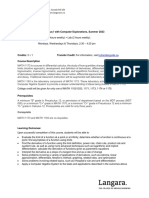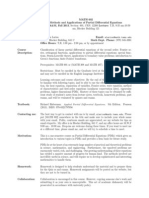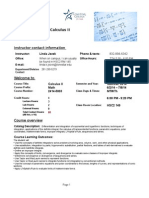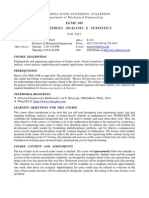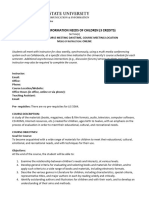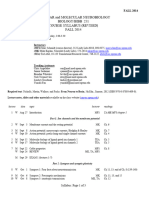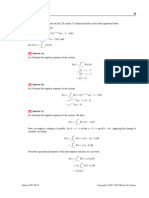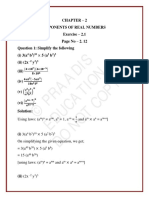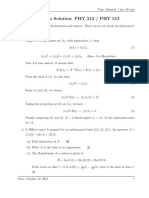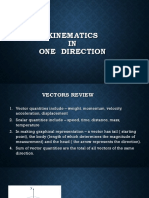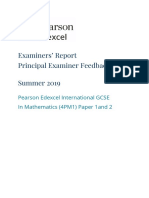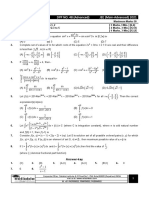0% found this document useful (0 votes)
67 views12 pagesMath1431SyllabusSynchronousS21 Cal
syllabus alike for calculus
Uploaded by
tucchelCopyright
© © All Rights Reserved
We take content rights seriously. If you suspect this is your content, claim it here.
Available Formats
Download as PDF, TXT or read online on Scribd
0% found this document useful (0 votes)
67 views12 pagesMath1431SyllabusSynchronousS21 Cal
syllabus alike for calculus
Uploaded by
tucchelCopyright
© © All Rights Reserved
We take content rights seriously. If you suspect this is your content, claim it here.
Available Formats
Download as PDF, TXT or read online on Scribd
/ 12
























